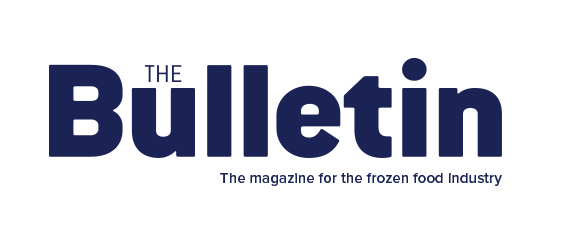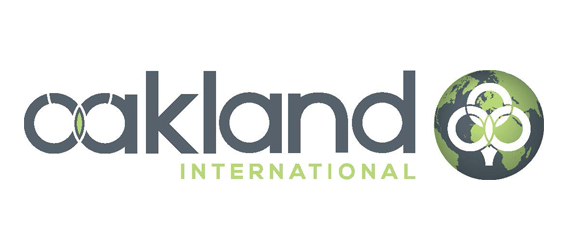Creating tomorrow together with Bühler’s first North American virtual event
Invitation to Bühler’s GO!2020 virtual event press conference
June 11, 2020 10:00am CDT/1600 GMT/1700 CET
 Under the motto “Creating tomorrow together,” Bühler will hold its first North American virtual event, focusing on our global nutritional challenges, the future of food, and marking the grand opening of the new Food Application Center (FAC) in Plymouth, MN. The event will take place online, opening its virtual doors on Monday June 15 at 2:30pm CDT, and running through Friday June 19, culminating with the virtual grand opening of the FAC.
Under the motto “Creating tomorrow together,” Bühler will hold its first North American virtual event, focusing on our global nutritional challenges, the future of food, and marking the grand opening of the new Food Application Center (FAC) in Plymouth, MN. The event will take place online, opening its virtual doors on Monday June 15 at 2:30pm CDT, and running through Friday June 19, culminating with the virtual grand opening of the FAC.
To give you greater insight into the weeklong program, we are inviting you to attend our press conference on June 11, 2020 at 10:00am CDT in advance of the event. Please register here.
The GO!2020 program consists of morning and afternoon sessions featuring keynote presentations, live panel discussions, and the FAC grand opening itself. We have more than 50 speakers that will provide insights, information, and inspiration around the topics of collaboration, sustainability, safe and transparent food supply chains, digitalization, and workforce development.
Speakers that will highlight the challenges of sustainably feeding 10 billion people by 2050 and the opportunities for the food industry to create impact, include:
- Rich Berger, VP of Engineering, CLIF Bar, speaking on the global challenges we face, from the food industry’s perspective.
- John Harthorne, Founder and former CEO of MassChallenge, the world’s largest start-up accelerator, speaking on the need for collaboration in meeting these challenges.
- Jason Weller, Truterra Vice President and former Chief of the USDA Natural Resource Conservation Service, speaking on leadership in sustainability.
- Sally Lyons-Wyatt, Executive Vice President and Practice Leader, Client Insights, IRI, speaking on consumer trends and the future of high protein snackification.
- Aldo Uva, COO, LIVEKINDLY, speaking on being a disruptor in the current food systems from farm to fork.
- And on Friday, PJ Fleck, provocative and inspirational Head Coach of the University of Minnesota Golden Gophers football team will speak on collaboration and leadership.
In addition to these keynote presentations, we’ll have live panel discussions filled with experts from food processing companies, academia, industry associations, and government. Joining this special press event, you’ll see presentations from:
- Bühler CEO, Stefan Scheiber, on how Bühler is helping the food industry address our global nutrition challenges.
- Bühler North America CEO, Andy Sharpe, on what Bühler is doing in North America
- Yannick Gaechter, Food Application Center Director, on what’s happening in the North American food innovation ecosystem.
- Applications Specialist Isabel Brady, on Bühler’s Apprenticeship program and how it has shaped her career.
If you would like more information on a specific topic or to arrange an interview with participants or other experts, please contact Nick Manley or Tracey Ibbotson.
To register for the press conference click here.
To see the GO!2020 program and register for the event click here.
We look forward to welcoming you online!



























